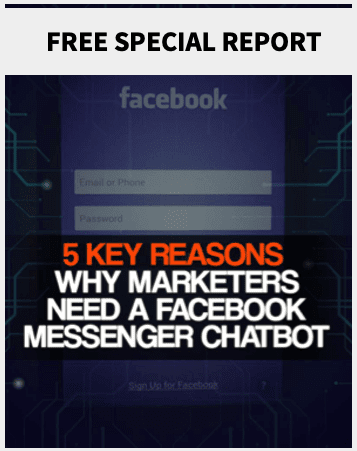When we type a website address on our browser or click on a website link, we expect that site to appear on our screens instantly. Not 5 seconds or 10 seconds later, but right this very moment. That’s how spoiled we’ve become in the Internet age.
Everything is within our reach thanks to massive improvements in Internet technology. So, when we land on a slow-loading website, we simply hit the back button and go check out another website.
But how does having a slow website affect your business?
1. Fewer customers and clients
Since most people won’t have the patience to wait for your site to load, then you’re essentially left with those who have the patience of a saint. These are probably your most loyal customers, or those who have nothing better to do than wait for your site to appear on their screens.
But what about those who’ve decided to leave your site? What are you going to do to get them back? Well, you can’t do anything about them now. What’s past is past. So, what you need to do is learn from your mistakes and make sure your future visitors stay on your site.
2. Lower conversion rates
When you’ve got fewer people coming over to your website, then your conversion rates are also going to tank. Sure, you can implement the best practices to get people who do land on your site to follow your call to action, but at the end of the day, it’s still a numbers game.
For example, if your standard conversion rate is 10%, then on average if you have 1,000 people over to your site in a month, then you’ll probably make about 100 sales.
However, if you get 10,000 people on your site, then with your 10% conversion rate, you’ll get 1,000 sales! That’s a huge difference in numbers, so you’d obviously want to get people to stay on your site, not bounce away from it.
3. Lower rankings on Google and other search engines
One of Google’s metrics for ranking sites is page speed. This means they tend to give higher ranks to faster sites than slow-loading sites. As a business, you want your site to be on the top 3 spots on the first page of search results. These spots get the majority of traffic, so if your site is buried on the second page and beyond, then you’re not going to get much in the way of search engine traffic.



